A thorough dental hygiene routine is crucial at any age to prevent a range of health problems, including root canal system infections; however, not all causes of a root canal system infection are preventable.
Take a look below to learn more about the primary root canal causes so you can best manage your oral health—and hopefully avoid root canal therapy in the future.
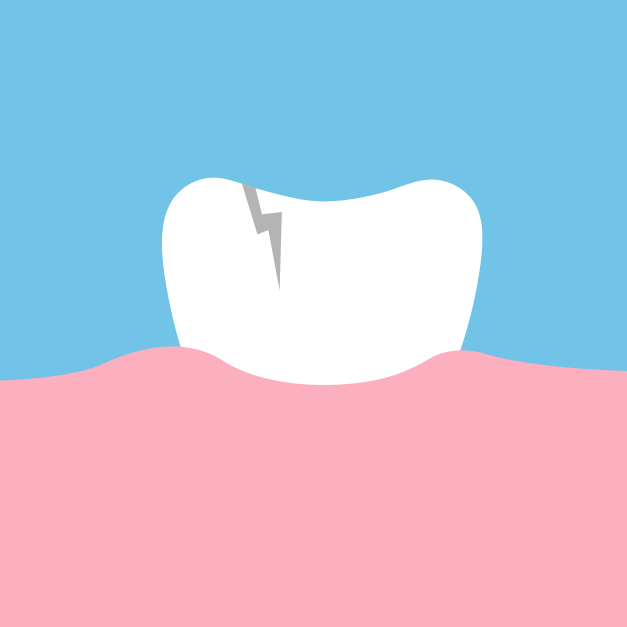
Damage to the Tooth
If a fracture to the tooth extends into the pulp, it may require root canal therapy.* Additionally, if a tooth is hit with great force, the nerve can be severed at the end of the root, which can eventually cause the nerve to die.* This can be problematic because when nerve tissue is damaged, it breaks down. This means bacteria can begin to multiply within the pulp chamber,**which will require root canal therapy to resolve.
While damage to a tooth may not necessarily be preventable, prompt professional care can help address the issue before it worsens.
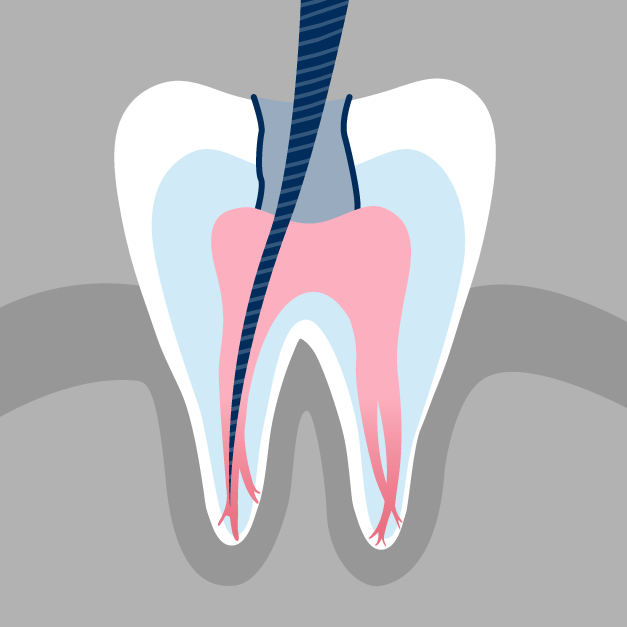
Repeated Dental Procedures
Dental procedures can produce significant stress on a tooth, as repeated drilling can cause inflammation of the tooth pulp.* When the pulp is damaged, it breaks down, and bacteria begin to multiply within the pulp chamber.*** The bacteria and other dying pulp remnants can cause an infection or abscessed tooth,*** potentially requiring root canal therapy to treat the issue. Prioritizing thorough post-treatment care can go a long way in preventing the need for retreatment.
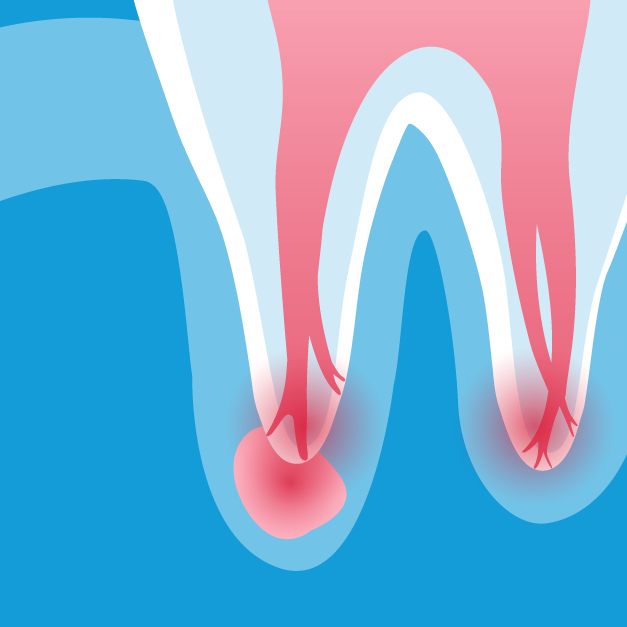
Deep Decay
The same as with a damaged tooth, when tooth decay extends deep into the tooth and reaches the pulp, the pulp can become inflamed and infected with bacteria.* The subsequent pain can be a sign that you need endodontic treatment. Sometimes the infection will kill the nerves inside the pulp tissues, and the pain will go away—but this is not an indication that the infection has been resolved.†
Only a dental professional can provide the care needed to remedy the infection—and may possibly even help you avoid root canal therapy.
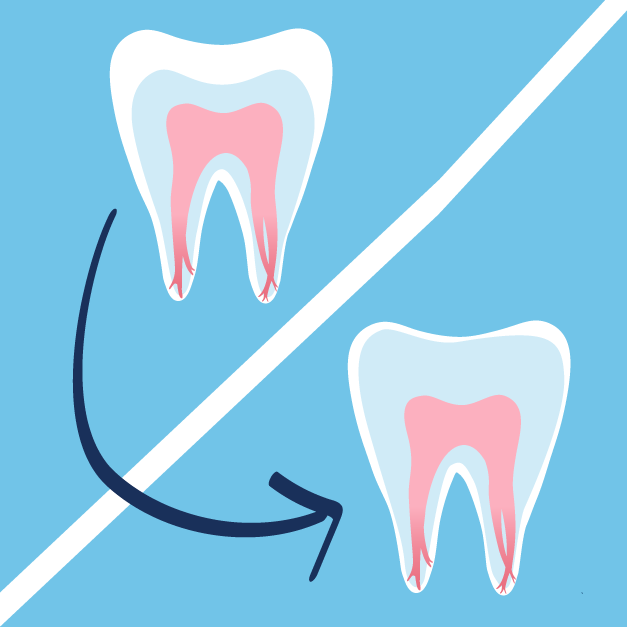
Root Resorption
Root resorption is a condition in which the tooth structure dissolves away as a reaction to injury, trauma, tooth replantation or aggressive tooth movement during orthodontics.* Resorption can occur both from the outside of the root going inward, or it can progress outward from the middle or inside of the tooth.*
This problem may not cause any pain, so receiving regular dental x-ray analysis from your dental professional is necessary for identifying this root canal cause.*

How to Prevent a Root Canal
The most important thing to remember is that prevention is key. It’s essential to understand that pain, trauma to the face and a chip or crack in a tooth can all be indications that you should seek a professional opinion as soon as possible. Addressing any of these factors with the help of a dental professional before they become larger problems is essential.
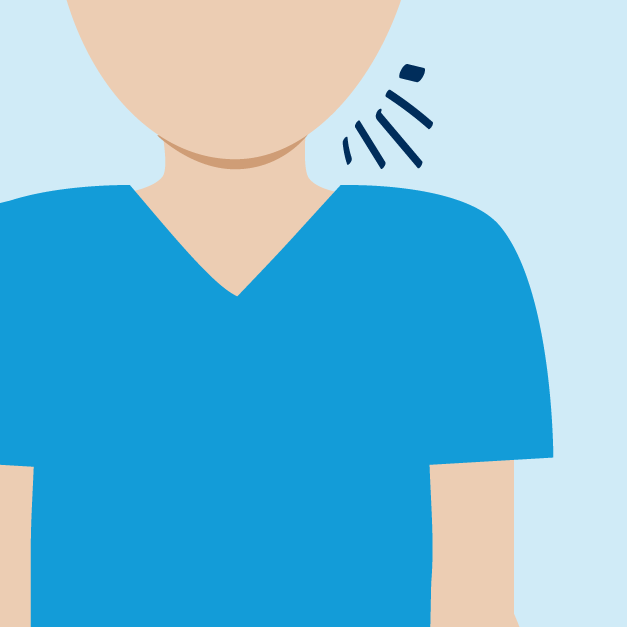
Signs You Need a Root Canal
Unfortunately, good oral hygiene and regular professional dental care may not always prevent a root canal system infection. If you’re experiencing any of the below symptoms, they may be signs you need a root canal:
- Severe toothache pain upon chewing or application of pressure;
- Prolonged sensitivity (pain) to hot or cold temperatures (after the heat or cold has been removed);
- Discoloration (darkening of the tooth);
- Swelling and tenderness in nearby gums, or;
- A persistent or recurring pimple on the gums***
Once you notice any of the above symptoms, it’s important to immediately schedule an appointment with your dentist or endodontist to get a proper diagnosis.
Looking for a Different Root Canal Therapy Option?
If your dentist or endodontist diagnoses you with a root canal system infection, be sure to ask about the minimally invasive1 GentleWave® Procedure!
The GentleWave Procedure effectively removes bacteria, debris and tissue.2 In fact, the GentleWave Procedure is so effective at cleaning and disinfecting the root canal system, there’s less chance of failure over time.4
“Within a week, my gum inflammation had disappeared, and my tooth felt great—it’s like a miracle! Without this great new technology, I would not have been able to save my tooth.”
-J. Dekker, GentleWave® Procedure Patient
Ready to experience the GentleWave Procedure? Find a GentleWave Doctor today!
*MedicineNet
**WebMD
***WedMD